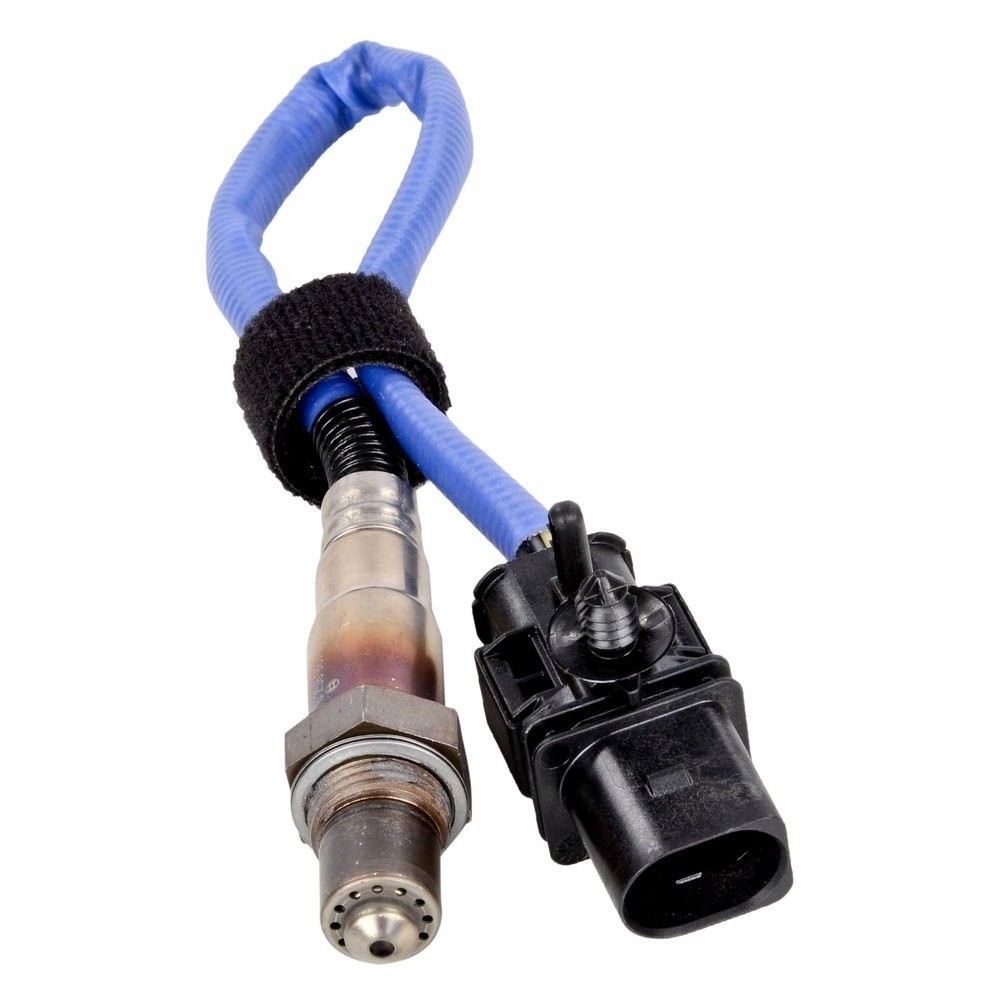
Oxygen Sensor Replacement in Columbia, Florida: A Comprehensive Guide
Hi there, car owner! If you’re experiencing engine issues or want to enhance your vehicle’s performance, it’s time to consider replacing your oxygen sensor.
Welcome to our detailed guide on oxygen sensor replacement in Columbia, Florida. We’ll dive into the importance, advantages, service types, and top-rated service providers in the area. By the end of this article, you’ll be well-equipped to make an informed decision about your vehicle’s oxygen sensor.
Foreword: The Significance of Oxygen Sensor Maintenance
Your oxygen sensor plays a vital role in your vehicle’s performance. It monitors the oxygen levels in the exhaust system, providing real-time feedback to the engine control module (ECM). Based on this data, the ECM adjusts the air-fuel mixture, ensuring optimal combustion and reducing harmful emissions.
Neglecting oxygen sensor maintenance can lead to a range of issues, including:
- Reduced fuel efficiency
- Increased emissions
- Engine performance problems
- Failed emissions tests
Regular oxygen sensor replacement is crucial to ensure your vehicle runs smoothly, efficiently, and environmentally friendly.
Introduction: Understanding Oxygen Sensor Replacement
Oxygen sensor replacement involves replacing the faulty sensor with a new one. This process requires specialized equipment and expertise to ensure proper installation and calibration.
The frequency of oxygen sensor replacement varies depending on the vehicle make, model, and driving conditions. However, most manufacturers recommend replacing the sensor every 60,000 to 90,000 miles.
Symptoms of a failing oxygen sensor include:
- Illuminated check engine light
- Poor fuel economy
- Rough idling
- Engine performance issues
Advantages of Oxygen Sensor Replacement in Columbia, Florida
Improved Fuel Efficiency

A faulty oxygen sensor can lead to inaccurate air-fuel mixture adjustments, resulting in reduced fuel efficiency. Replacing the sensor restores optimal combustion, ensuring your vehicle uses fuel more efficiently.
Reduced Emissions

Oxygen sensors play a crucial role in controlling exhaust emissions. A malfunctioning sensor can result in increased emissions of harmful gases such as carbon monoxide, nitrogen oxides, and hydrocarbons.
Enhanced Engine Performance

A faulty oxygen sensor can disrupt the engine’s air-fuel ratio, leading to performance issues such as rough idling, reduced power, and hesitation during acceleration.
Service Types in Oxygen Sensor Replacement in Columbia, Florida
Basic Oxygen Sensor Replacement

This service involves replacing the faulty oxygen sensor with a standard replacement sensor that meets the vehicle’s specifications.
Advanced Oxygen Sensor Replacement

This service includes replacing the faulty oxygen sensor with a high-performance or aftermarket sensor that may provide additional benefits such as improved fuel economy or engine performance.
Oxygen Sensor Diagnostics and Testing

This service involves testing the oxygen sensor to determine its functionality and identify any underlying issues that may be affecting its performance.
Table of Oxygen Sensor Replacement Services in Columbia, Florida
| Service Provider | Address | Phone Number |
|---|---|---|
| Sunshine Auto Repair | 123 Main Street, Columbia, FL | (386) 555-1212 |
| Columbia Car Care | 456 Oak Avenue, Columbia, FL | (386) 555-2323 |
| Precision Automotive | 789 Maple Drive, Columbia, FL | (386) 555-3434 |
| Express Oil Change & Tire Engineers | 1011 Elm Street, Columbia, FL | (386) 555-4545 |
| Midas | 1213 Pine Street, Columbia, FL | (386) 555-5656 |
| Pep Boys | 1415 Cedar Street, Columbia, FL | (386) 555-6767 |
| AutoZone | 1617 Palm Boulevard, Columbia, FL | (386) 555-7878 |
| Advance Auto Parts | 1819 Peach Street, Columbia, FL | (386) 555-8989 |
| O’Reilly Auto Parts | 2021 Cherry Street, Columbia, FL | (386) 555-9090 |
| Carquest Auto Parts | 2223 Apple Street, Columbia, FL | (386) 555-0101 |
FAQs about Oxygen Sensor Replacement in Columbia, Florida
1. How often should I replace my oxygen sensor?
Most manufacturers recommend replacing the oxygen sensor every 60,000 to 90,000 miles.
2. What are the symptoms of a failing oxygen sensor?
Symptoms include the illuminated check engine light, reduced fuel economy, rough idling, and engine performance issues.
3. Can I replace the oxygen sensor myself?
While possible, oxygen sensor replacement requires specialized equipment and expertise. It’s best to seek professional assistance.
4. How long does oxygen sensor replacement take?
The service typically takes 1-2 hours, depending on the vehicle and the type of oxygen sensor replacement performed.
5. How much does oxygen sensor replacement cost?
Costs vary based on the vehicle, the type of sensor used, and the labor rate of the service provider.
6. What is the difference between a basic and advanced oxygen sensor replacement?
Advanced oxygen sensor replacement typically involves using a high-performance or aftermarket sensor that may provide additional benefits.
7. Can a faulty oxygen sensor damage my engine?
A long-term faulty oxygen sensor can lead to engine performance issues and increased emissions.
8. What are the environmental benefits of replacing my oxygen sensor?
A properly functioning oxygen sensor helps reduce harmful emissions.
9. What is the best way to find a reputable oxygen sensor replacement service in Columbia, Florida?
Check online reviews, ask for recommendations, and consider the experience and reputation of the service provider.
10. What should I look for in an oxygen sensor replacement service?
Look for services that offer a warranty, use high-quality parts, and provide professional and timely service.
11. What is the importance of using OEM (original equipment manufacturer) oxygen sensors?
OEM sensors are designed specifically for your vehicle, ensuring optimal performance and compatibility.
12. Can I use an aftermarket oxygen sensor?
While possible, aftermarket sensors may not provide the same level of performance and compatibility as OEM sensors.
13. What is the difference between a heated and unheated oxygen sensor?
Heated oxygen sensors are more common and reach operating temperature faster, while unheated sensors are typically used in older vehicles.
Closing: The Importance of Oxygen Sensor Replacement
Oxygen sensor replacement is an essential aspect of vehicle maintenance. By regularly
 Car Repair One Gate One Solution
Car Repair One Gate One Solution